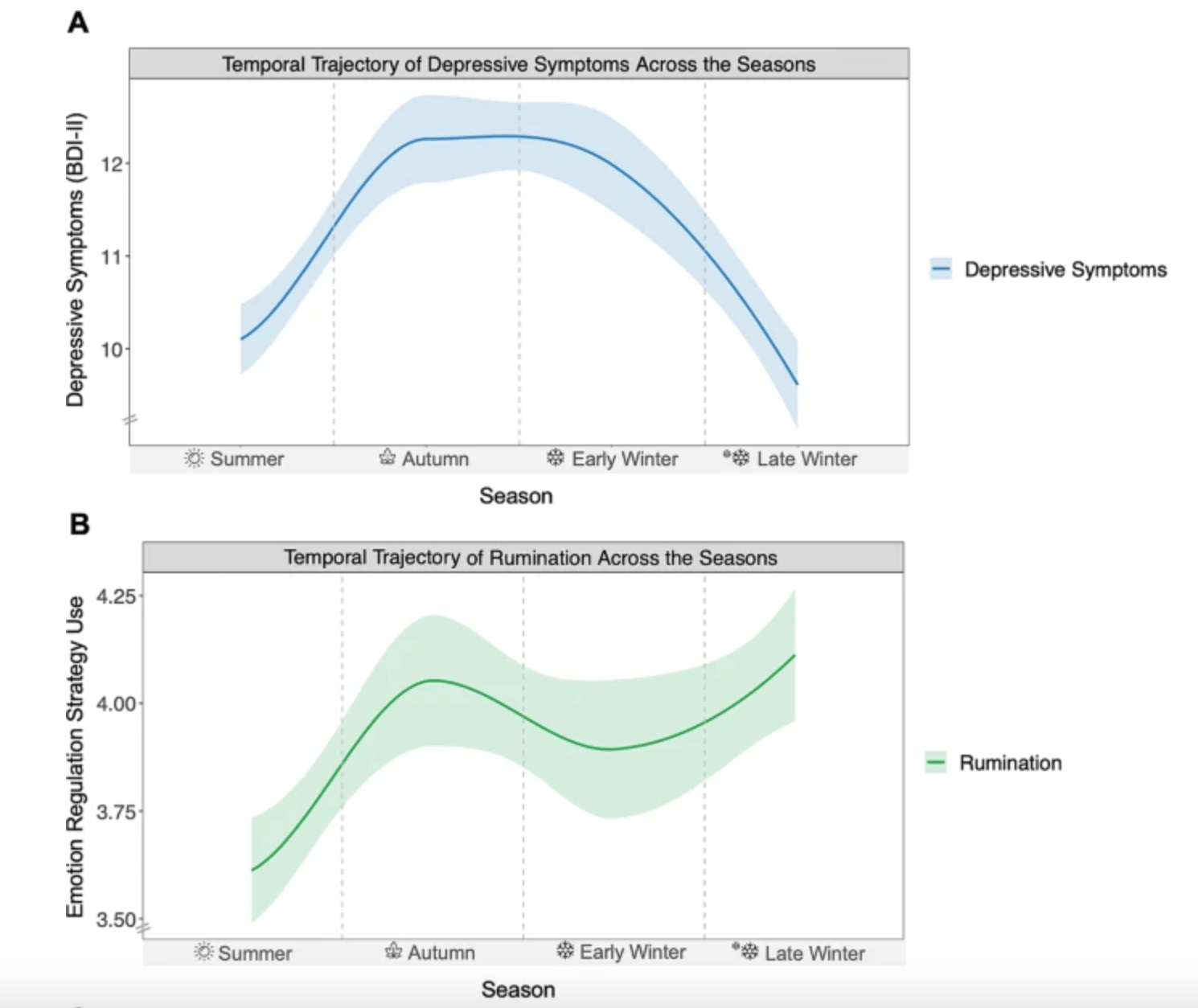- The Lindy Newsletter
- Posts
- August is a Strange Month
August is a Strange Month

How are you feeling?
A little slow, a tad irritable, perhaps?
I know exactly how you're feeling because everyone feels it. It's August. You’re less efficient at work, maybe not dramatically, but just enough that you've started avoiding certain emails. Sleeping a little longer. Even your pets sprawl on the floor with the same vacant expression you had in this morning’s standup.
Ran to town to get some things done yesterday:
>clerk on vacation
> building code lady on "lunch" at 1:30
> professor hasn't tested our material
> Fastenal rep out of office— Rust Belt Kid (@rustbeltkid1)
12:34 PM • Aug 8, 2025
Maybe you're compensating. Three cups of coffee instead of two. The stimulants hit different in August, like trying to jumpstart a car with a dying battery.
Some blame the August haze on cramming in last-minute summer plans
People who live in areas with brutal winters always overdo summer. Try to fit in as many activities as possible. You can feel the tension with them. Winter is always on their mind, even in the middle of July
— LindyMan (@PaulSkallas)
1:39 PM • Jul 16, 2025
Or they blame it on the heat. "It's just hot," they say, cranking the AC and pretending that explains why they've been staring at the same email for twenty minutes. But heat doesn't explain the dreams that feel too vivid. Or why divorce lawyers are suddenly booked solid.
The seasonal rhythms that drive other animals govern us too. Something in us still responds to shortening days the way bears sense approaching winter or birds feel the pull to fly south. Lab studies hint at hormonal shifts during late summer, but the full picture remains unclear. What we do know is late summer feels different.
The Biology of Seasonal Dread
The month of August carries an ancient signal, the shift from roaming to readying, from expansion to preparation. Autumn is coming, and somewhere beneath conscious thought, your body receives the memo.
Entire societies have observed August rest for millennia. Emperor Augustus established the Feriae Augusti in 18 BCE, two weeks of games, theater, and rest after the summer harvest, when commercial and political activities ceased and families retreated to the countryside. France, Italy, and Spain continue this ancient tradition today.
@sagevanalstine Made this tik tok on the way to a bar that ended up being closed for the month of august #parislife #americaninparis #parisculture #parisc... See more
This is why America's lack of a federal holiday in August feels like such a tragedy. It's the one month we should be taking time off, yet we've built a culture that demands we power through our most vulnerable seasonal moment.
Perhaps a few days off in August is a quick way to fix 30-50 percent of the mental health issues in this country.
August as a Liminal Space
Late summer is an odd time.
People report feeling dislocated in August, impulsive one moment, nostalgic the next, identity seeming to thin. While no study has measured self‑perception specifically in August, a 2024 EMA study found that as summer gives way to autumn and early winter, rumination rises, acceptance drops, and depressive symptoms climb.
In other words, this incoherence type feeling we can recognize may well be buried in the seasonal shift itself.

Notice the steepness of that curve? The transition from summer's psychological low point to autumn's peak isn't gradual, it's a sharp acceleration that hits right around mid to late August. Humans feel this acceleration much more acutely than the gentle slopes of other seasonal transitions
This intensity has historical precedent. The 'dog days' traditionally referred to July 20-August 20, when ancient Greeks and Romans associated this period with lethargy, illness, and erratic behavior. They called it ‘dies caniculares’ not just for the heat, but for a recognized pattern of restlessness."
Farmers noticed this restlessness in their crops and livestock. Animals became harder to handle, wine spoiled more readily, and dogs were thought to go mad more often during rabies season.
Strange things happen in August.
Strange Things Happen in August
You need to be careful out there this month.

I sometimes wonder if this is what Edward Hopper was telling us in his paintings. His "Summer Evening" (1947) shows a young couple on a porch at dusk, separated by invisible tension despite their physical proximity. They look like strangers who happen to share the same space.

Suicides follow the same pattern. According to 2023 CDC data, August had the highest average daily suicide rate, followed by July. Winter months like December and November showed the lowest rates—contradicting our assumptions about seasonal depression.
August occupies a strange psychological space - too late for summer's carefree energy, too early for autumn's acceptance of change. It's a month that exposes how much of our emotional stability depends on the fiction that time moves steadily forward. In August, time hiccups. And in that hiccup, we glimpse something unsettling about the nature of permanence itself. No wonder you've been feeling off.
How To Survive August
You don’t want something crazy to happen in August that can ruin the rest of your year. Here are are a few tips to get you through the end of the month.